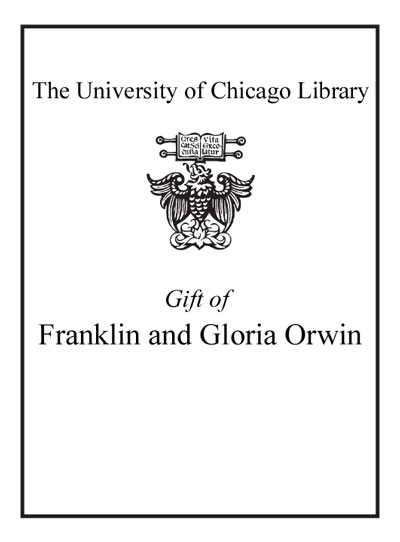Review by Choice Review
This interesting study considers the significance of the 6th-century British king "Arthur," who was a marginal figure in early British lore and of questionable historical reality but who suddenly became popular in 12th-century historical writings and remains a cultural icon to this day. Finke (gender studies, Kenyon College) and Shichtman (English, Eastern Michigan Univ.) contend that since the 12th century historians have used Arthur to legitimate cultural imperialism and political authority--conquest, colonization, rebellion, civil war, genocide. They examine various discursive traditions in three periods of crisis: the Norman colonization of England during the 11th and 12fth centuries (William of Malmesbury's Gesta Regum Anglorum, Geoffrey of Monmouth's Historia Regum Brittaniae, etc.), the 15th-century Wars of the Roses (John Hardyng's Chronicle, Thomas Malory's Morte D'Arthur), and the rise of fascism in 20th-century Europe (Jean-Michel Anglebert's The Occult and the Third Reich, Eng. tr., 1975; Trevor Ravenscroft's Spear of Destiny, CH, Sep'73). Like Monika Otter's Inventiones (1996) and Patricia Clare Ingham's Sovereign Fantasies (CH, Apr'02), this study looks at how Arthurian texts conflate history and fiction, but its particular niche is discussion of the texts' relationship to contemporaneous social realities. Those interested in medieval literature and culture, and Arthuriana in particular, will enjoy this book. ^BSumming Up: Recommended. Upper-division undergraduates through faculty. C. S. Cox University of Pittsburgh
Copyright American Library Association, used with permission.
Review by Choice Review

